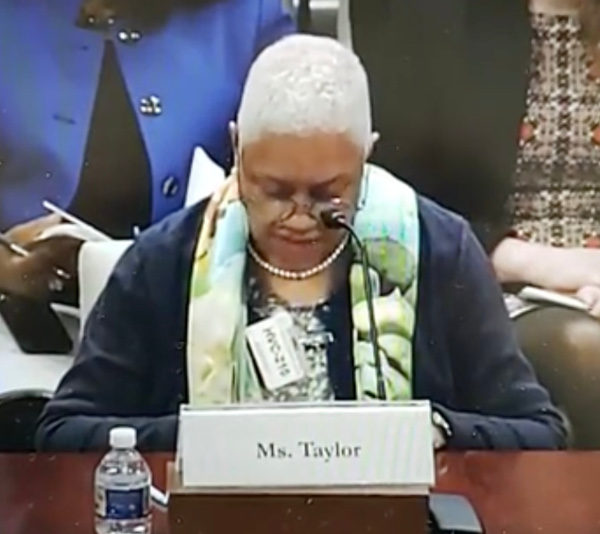
Editor’s note:Below are excerpts from a talk by Maureen D. Taylor, State Chair of the Michigan Welfare Rights Organization, to a Congressional Hearing on Water Infrastructure Investment.
In 1914, when Henry Ford advertised the first $5 a day opportunity for those willing to work on the assembly line, blue collar workers eventually fought and won a pattern for the nation of eight hour days, extra pay on weekends, paid time off for vacations, health care, academic benefits, etc. That quality of life for millions of us started to change [in the id-1980’s] forced by massive losses of high paying jobs with the onset of high tech manufacturing methods. Detroit went from 1.9 million residents to just over 700,000 at present [losing over a million people]. Today, with the population on the move, why keep so many schools or hospitals open, or education available, or water accessible—why keep opportunities for people who will never find a job again?
In 2014 the Detroit Water Department started the most egregious campaign of mass water shut offs, targeting only low income residential customers two months behind in payments, or $150 in arrears. In June of that year, we started hearing rumors about something happening in Flint, Michigan. Poisonings. Both of these issues mark the genesis of long nights of terror for blue-collar workers. Residents have not been able to stop the moral bankruptcy of water shut offs or even water poisonings. We are left to create methods of survival for Detroit, for Highland Park, for Flint and for other cities and communities across the country facing shutoffs. The initial numbers targeted for mass water shutoffs was 59,990 addresses. Detroit has now seen upwards of 100,000 disconnections.
Possible solutions: Federally mandated uniform policies for water and sewage affordability based on each residential customer’ ability to pay; federal funding to the Drinking Water State Revolving Fund; and renewal of the Build America Bonds Program to address aging water and sewage infrastructure issues.
I don’t live in a bankrupt city, I live in a city that has been bankrupted. Congress must stop mass water shut offs; Congress must restore all water services and then determine individual eligibility; and Congress must help create a private and a public water policy nationwide. Thank you.
